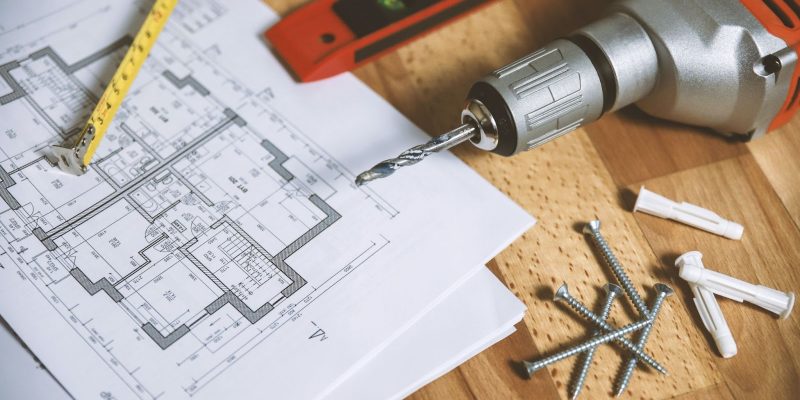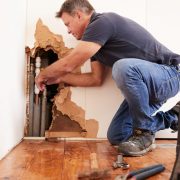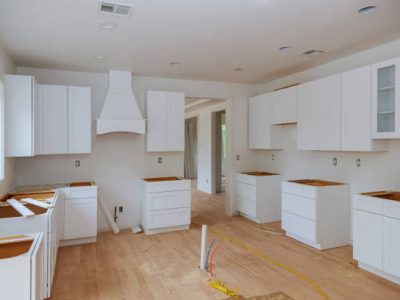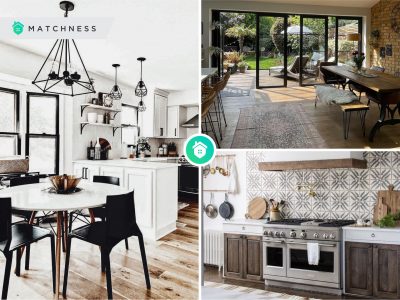When you’re considering selling your home, it’s tempting to pull out all the stops with renovations. You imagine every upgrade will convert into a higher resale value, right? Unfortunately, that’s not always the case. While certain improvements can give you a substantial return on investment (ROI), others can inadvertently make your property unsellable or end up costing you more than they’re worth.
The real estate market is nuanced, and not all investments in your home will pay off in a one-to-one ratio when you sell. That’s why we’ve compiled a list of dos and don’ts to help you renovate wisely for resale. By avoiding over-improvements, you can maximize your property’s value without breaking the bank or overstepping what the market can bear.
Do: Consult With Real Estate Experts
Before undertaking any major renovations, it’s always wise to consult with real estate professionals. They can provide valuable market insights and can often help you identify which improvements are worth the investment and which are not.
If you’re not sure where to start, real estate websites like GreatColoradoHomes can give you an idea of popular styles and updates that are currently fetching higher prices on the market.
Don’t: Ignore The Local Market Conditions
Every housing market is different, and what adds value in one area might not in another. Always consider the price ceiling in your neighborhood. Over-improving your home beyond what the local market can bear will make it harder to sell at a reasonable price.
Do: Focus On The Kitchen And Bathroom
When it comes to boosting your home’s resale value, the kitchen and bathroom are often the key areas to focus on. These rooms are high-traffic areas that prospective buyers pay close attention to. A moderate upgrade like repainting cabinets, installing new countertops, or updating fixtures can give you a good ROI. You don’t have to opt for high-end features, but a clean, updated look can do wonders.
Don’t: Go Overboard With Luxury Finishes
While it might be tempting to install the latest designer tiles or expensive stone countertops, remember that these choices could be too specific to your taste and not align with prospective buyers. Over-improving these rooms with costly or overly trendy features can actually work against you.
Do: Make Necessary Repairs
Even small issues like a leaking faucet or a creaky door can give potential buyers the impression that your home hasn’t been well-maintained. Before listing your property, make sure to fix any minor issues to avoid this problem. Basic upkeep can go a long way in making your home look move-in ready.
Don’t: Undertake Massive Structural Changes
Tearing down walls or adding extra rooms might seem like a good idea, but these are often costly endeavors that don’t always translate into a higher selling price. Structural changes can also prolong your timeline for putting your home on the market.
Do: Refresh The Paint
A fresh coat of neutral-colored paint can work wonders in brightening up your home and making it more appealing to a wide range of buyers. Light and neutral tones are generally more universally appealing and allow prospective buyers to envision themselves in the space.
Don’t: Opt For Bold, Personalized Colors
What you find stylish may not resonate with everyone. Bold or overly specific color choices can limit the appeal of your home to a broader audience.
While a unique hue might be your personal preference, it might also require the new owner to repaint, which could be a point against your property during the negotiation process.
Do: Upgrade The Outdoor Space
Curb appeal is another crucial factor in boosting your home’s resale value. Basic landscaping, a freshly mowed lawn, and some well-placed plants can do wonders. Consider adding a deck or patio if it complements your home and the neighborhood.
Don’t: Install Over-The-Top Outdoor Features
While a swimming pool or an elaborate garden may be appealing to you, they may not be to potential buyers. Such features not only cost a lot but also require ongoing maintenance. Many buyers could view this as a burden rather than a perk.
Do: Invest In Energy-Efficient Upgrades
With growing awareness about sustainability, energy-efficient homes are becoming increasingly popular. Simple upgrades like double-pane windows, LED lighting, or a new energy-efficient HVAC system can add substantial value to your home.
Don’t: Over-Equip The Home With Smart Gadgets
A home that’s too technologically advanced can be intimidating for some buyers. While some smart home features like a smart thermostat or security cameras can be beneficial, going overboard with smart locks, lights, and appliances can make your home look more like a tech showcase than a comfortable living space.
Conclusion
Renovating for resale is a delicate balance. While it’s easy to assume that every upgrade will add value to your home, that’s not always the case. Smart, moderate improvements in key areas like the kitchen, bathroom, and outdoor spaces can yield a good ROI. On the other hand, overly expensive or personalized upgrades can actually deter potential buyers.
When in doubt, always consult with professionals and take the pulse of your local real estate market. With a strategic approach, you can make enhancements that not only make your home more appealing but also more lucrative when it comes time to sell.




















